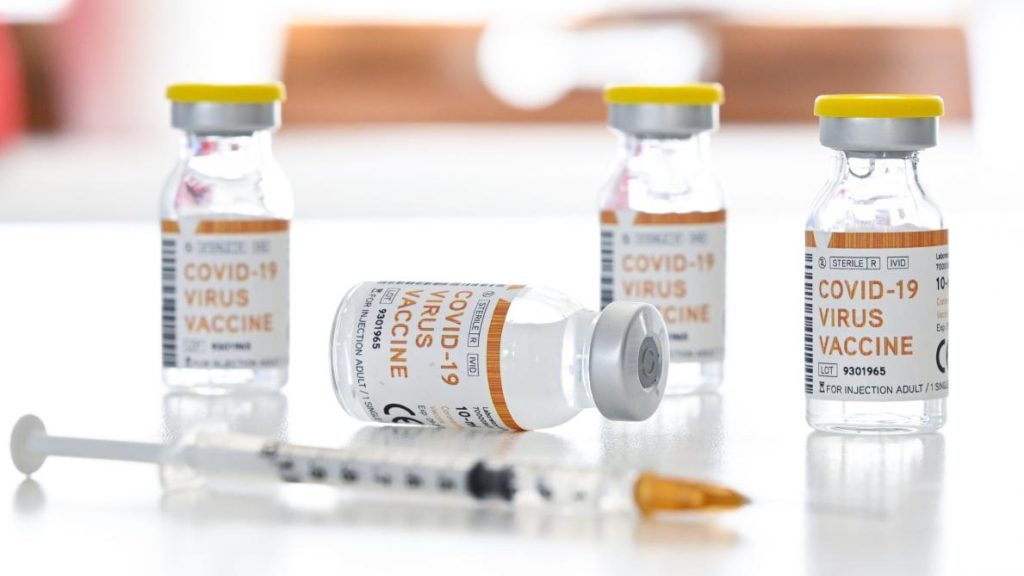An improved vaccine is being developed to be effective against all strains of the coronavirus by a team at the University of Leuven (KU Leuven)'s medical research institute.
The Leuven Rega Institute team, led by virologist Johan Neyts, is working on a "vaccine version 2.0," which Neyts is said to be effective against the alpha, beta and gamma variants, as well as the newer and more dangerous delta variant.
"We administered the coronavirus to hamsters via the nose. In the animals that were not vaccinated, we subsequently found a lot of virus in the lungs," Neyts told De Morgen.
"But in the vaccinated hamsters, we did not find a single virus particle in the lungs. It didn't matter which strain they were infected with. Our candidate vaccine works against the four main variants," he said, adding that, as far as he knows, this is the first time a vaccine that works against all variants has been developed.
This announcement is especially promising as many European countries are in the midst of a fourth wave driven by the delta variant, which has become the dominant strain in most countries. In Belgium, more than 95% of infections are from the delta variant, which is infecting an increasing number of people – even some who have been vaccinated.
Related News
- 'Data violation' allows employers to check vaccine status of Brussels residents
- 'Be honest': Belgium should consider mandatory vaccination
- Belgium’s most-vaccinated province also has highest number of Covid cases
Meanwhile, a recent study analysing the effectiveness of the existing vaccines against the delta variant showed that the Pfizer vaccine offered better protection against the particular mutation than the AstraZeneca vaccine, but that both vaccines were less effective against the delta variant than against the alpha variant.
Relying on another virus
Neyts' vaccine is a so-called viral vector vaccine, similar to the AstraZeneca and Johnson & Johnson vaccines. It uses a modified version of a virus (a vector) to deliver genetic instructions to the body’s cells, which in turn produce harmless pieces of the virus called antigens to trigger an immune response in the body.
This latest development uses another transmitter, namely the yellow fever vaccine, which consists of a highly reduced version of the yellow fever virus, and of which the vaccine load is the spike protein of the coronavirus, resulting in antibodies being created not only against the coronavirus but also against the yellow fever virus.
Neyts stressed that this does not mean that the current vaccines do not work – despite the infection rate being as high as in November last year, hospitalisations and deaths are still lower – but added that "we could do even better with vaccines version 2.0, which are adapted to the delta variant and other variants."
The team now hopes that companies will invest in the vaccine candidate, as hundreds of millions of euros will soon be needed to produce it on a large scale and to test it on humans.

